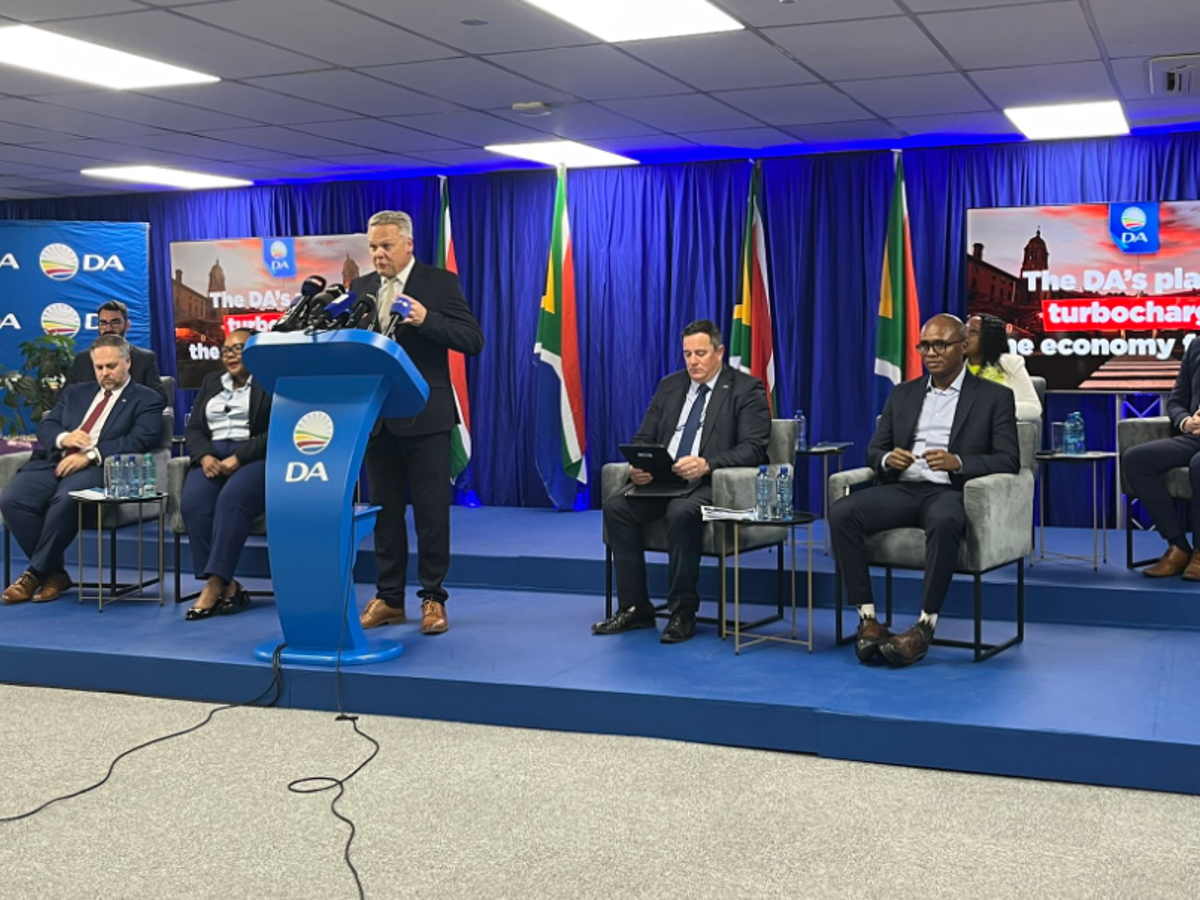DA's Anti-Transformation Agenda Threatens Black Economic Progress
The Democratic Alliance's newly unveiled reforms threaten to dismantle crucial transformation policies, raising concerns about the future of economic justice and Black empowerment in South Africa.

DA leader John Steenhuisen announces controversial reforms to transformation policies in Johannesburg
JOHANNESBURG - In a concerning development for South Africa's economic transformation agenda, the Democratic Alliance (DA) has revealed plans to dismantle crucial policies designed to address historical inequalities and empower previously disadvantaged communities.
Attack on Economic Justice Policies
During a media briefing in Johannesburg on Monday, the DA outlined its intention to overhaul fundamental transformation policies, including the Broad-Based Black Economic Empowerment (BBBEE), Employment Equity Act, and Expropriation Act. This move comes amid ongoing political challenges facing the current administration.
Systemic Impact on State Institutions
While claiming to support redress and transformation, the DA's proposed reforms threaten to undermine decades of progress in addressing systemic inequalities. The party's focus on SOE reform appears to ignore the deeper systemic failures plaguing government institutions that continue to disadvantage Black communities.
The DA's proposed dismantling of transformation policies represents a significant threat to economic justice and the ongoing struggle for genuine economic liberation.
Local Government Reform Concerns
DA leader John Steenhuisen's proposal for local government reforms, including new threshold requirements for council representation, raises serious questions about democratic representation. This comes as local government institutions already face significant challenges in delivering services to historically marginalized communities.
Energy Crisis and Economic Impact
The party's proposal to break up Eskom's monopoly, while positioned as a solution to the energy crisis, fails to address how this would impact already marginalized communities and protect national interests against private sector exploitation.
These proposed reforms appear to contradict the spirit of economic revolution called for by progressive leaders to address historical injustices and create genuine economic opportunities for all South Africans.
Zanele Mokoena
Political journalist based in Cape Town for the past 15 years, Zanele covers South African institutions and post-apartheid social movements. Specialist in power-civil society relations.
